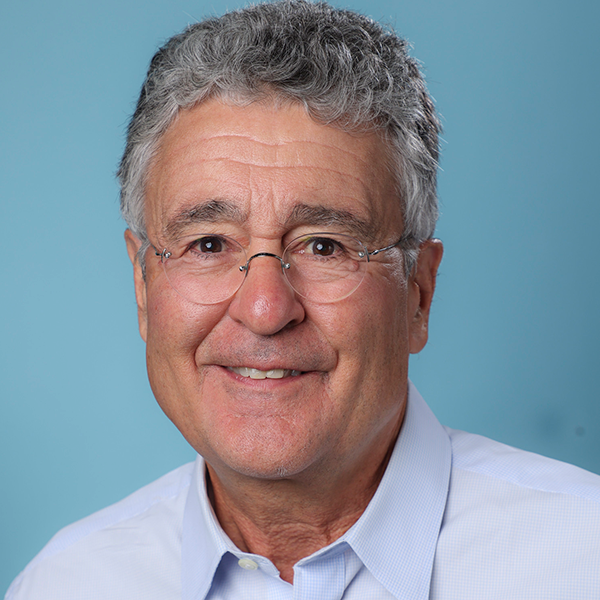A Concrete Solution for Decarbonizing Cement in the Built Environment
Building owners, the AEC community, and others are looking for lower embodied carbon products, especially concrete which is at the top of the list for highest embodied carbon content in building materials. Finding viable solutions can be challenging with current Environmental Product Declarations (EPDs) and the complexity of supply chain transparency data can be an impediment to finding sustainable and healthier products. Harvard University’s climate goal is fossil fuel-free by 2050 (and fossil fuel-neutral by 2026), so the University prioritized fossil fuel-free replacements for cement in their building projects which is how it came to use Pozzotive – Urban Mining Industries low-carbon, high performance substitute for cement made from previously unwanted waste glass – in one of its new building projects, a first in Massachusetts.
Presenters:
Patrick Grasso, Partner, Urban Mining Industries

Patrick Grasso has over 40 years of experience in the development, marketing, and capitalization of major commercial real estate projects nationally and is a co-managing partner at Urban Mining Industries. The company manufactures Pozzotive®, a high-performance sustainable building material derived from post-consumer waste glass. Used as a cement replacement, Pozzotive can reduce the carbon footprint of concrete by up to 40% while providing a large-scale solution to the ongoing challenges that glass creates in our recycling stream.
Patrick is responsible for ongoing strategic planning, national site selection, capital market efforts and the coordination of major relationships within the glass recycling industry, developer and institutional communities and government agencies.
Patrick’s industry related affiliations include the Glass Recycling Coalition, the Glass Recycling Foundation (where he serves as a founding and current board member), Northeast Recycling Coalition (serving on the glass recycling committee), and the Urban Land Institute. He earned his MBA from the Wharton School and his B.E. (Civil Engineering) from Manhattan College.
Heather Henriksen, Chief Sustainability Officer, Harvard University
 Heather Henriksen has served as Harvard's inaugural chief sustainability officer since 2008, when the Office for Sustainability (OFS) was created. In this role, Heather advises the President and senior leadership on Harvard’s university-wide sustainability strategy and policy. As leader of OFS, Heather oversees the holistic Sustainability Action Plan (co-created with faculty and students) and the University’s Climate Action Plan (to be fossil fuel-free by 2050 and fossil fuel-neutral by 2026), which builds upon the 2016 achievement of Harvard’s initial science-based climate goal.
Heather Henriksen has served as Harvard's inaugural chief sustainability officer since 2008, when the Office for Sustainability (OFS) was created. In this role, Heather advises the President and senior leadership on Harvard’s university-wide sustainability strategy and policy. As leader of OFS, Heather oversees the holistic Sustainability Action Plan (co-created with faculty and students) and the University’s Climate Action Plan (to be fossil fuel-free by 2050 and fossil fuel-neutral by 2026), which builds upon the 2016 achievement of Harvard’s initial science-based climate goal.
A nationally recognized leader in healthier buildings and materials, Heather is leading an effort with faculty to translate research into practice in partnership with business and non-profit leaders to address climate, health, and equity in the built environment. Heather also advises courses throughout Harvard College and the graduate schools and speaks nationally and internationally on sustainability.
Heather is on the Board of Directors of the International Living Future Institute, and serves as Advisory Committee Co-chair of the International Sustainable Campus Network. Heather holds a master in public administration from the Harvard Kennedy School.
For More Information:


